High Demand and Supply Shortages in Michigan's Recreational Cannabis Market
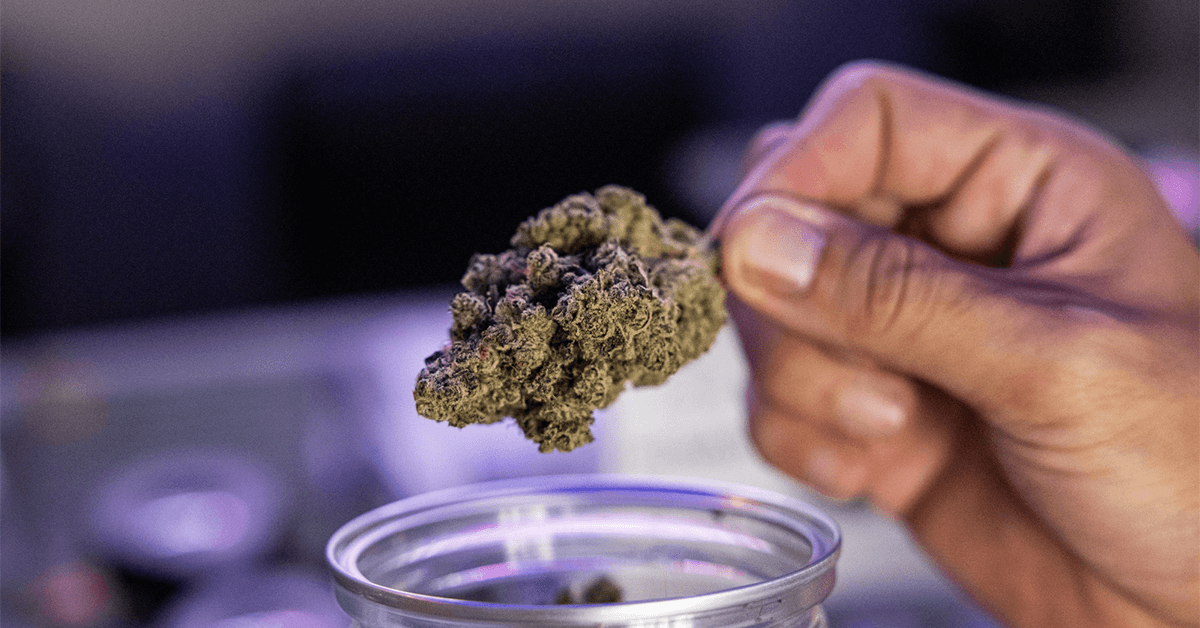
The introduction of recreational cannabis in Michigan has sparked significant interest, leading to an unprecedented surge in consumer demand across the state. Enthusiasts, eager to be part of this new era, braved the cold and formed lengthy queues to secure their purchases in northern Michigan. According to Doug Hellyar, president and COO of Lume Cannabis Company, the excitement was palpable, with over 750 customers visiting in just under two days, resulting in sales surpassing $75,000. The average expenditure per customer was reported at $103, highlighting the enthusiasm and willingness of consumers to engage in this newly legal market.
However, this initial success was quickly met with challenges. Lume's subsidiary, Lit Provisioning Centers located in Evart, found itself depleting its stock within the first two days of opening. This was a common scenario across the state, with many dispensaries, including Greenstone Provisions in Ann Arbor, experiencing similar issues, running out of supply on their first day and facing difficulties in daily restocking.
From the onset of legal sales on December 1st, the majority of licensed dispensaries in Michigan have struggled to meet the soaring consumer demand, often having to turn away customers due to insufficient stock.
The core of the supply challenge can be traced back to the pace at which the regulatory framework has been implemented in Michigan. The state's Cannabis Regulatory Agency has licensed only a limited number of distributors, with just 10 approved so far and merely five having started sales. The situation is further complicated by the licensing of only three processing plants and one cannabis transportation company, which hampers the ability of retail outlets to restock their shelves efficiently.
In an effort to manage the limited supply, dispensaries such as Greenstone and Michigan Supply and Provisions have implemented restrictions on purchases, limiting flower sales to 7 grams per customer. Arbors Wellness has set a cap at one-eighth of an ounce per customer, significantly below the state's legal sales limit of 2.5 ounces of flower. This approach aims to ensure a fairer distribution of the available stock among customers.
Despite these challenges, Exclusive Brands has managed to maintain a steady supply, not imposing any purchase limits on their products. They attribute their success to their vertically integrated operations, owning one of the few processing facilities licensed in the state. This advantage allows them to control a considerable portion of the supply chain, ensuring they can meet the high demand without facing the same shortages as other dispensaries.
This scenario underscores the growing pains of Michigan's recreational cannabis market, highlighting the need for an expanded and more efficient regulatory and supply chain framework to meet consumer demand and support the thriving industry.
Share this article:
Spotted a typo, grammatical error, or a factual inaccuracy? Let us know - we're committed to correcting errors swiftly and accurately!
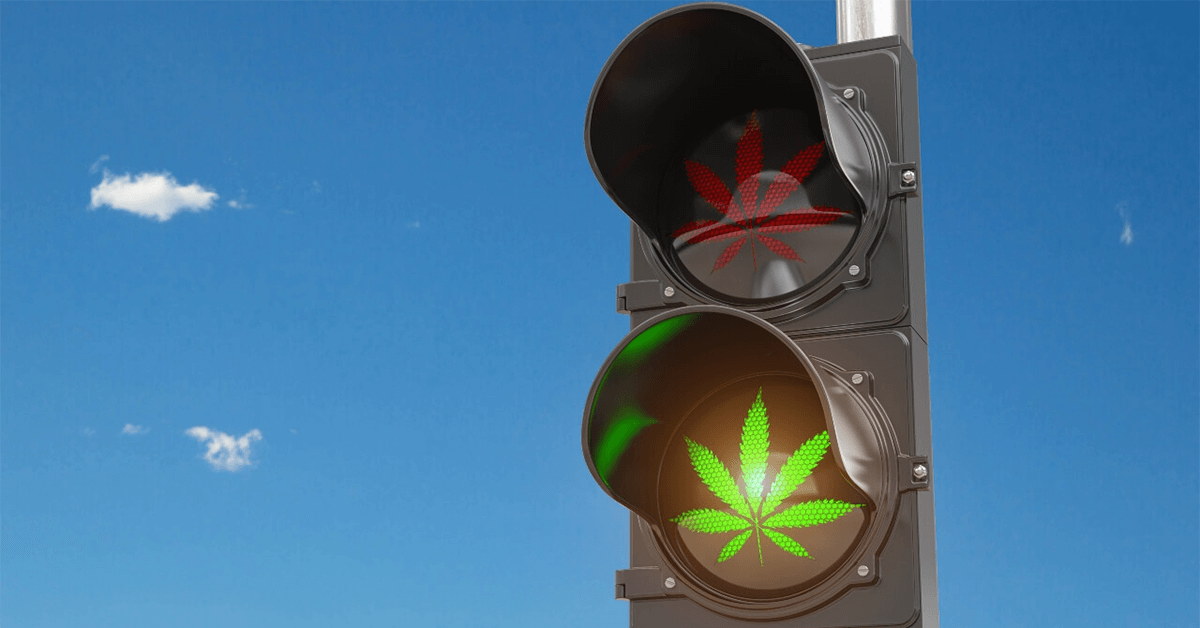
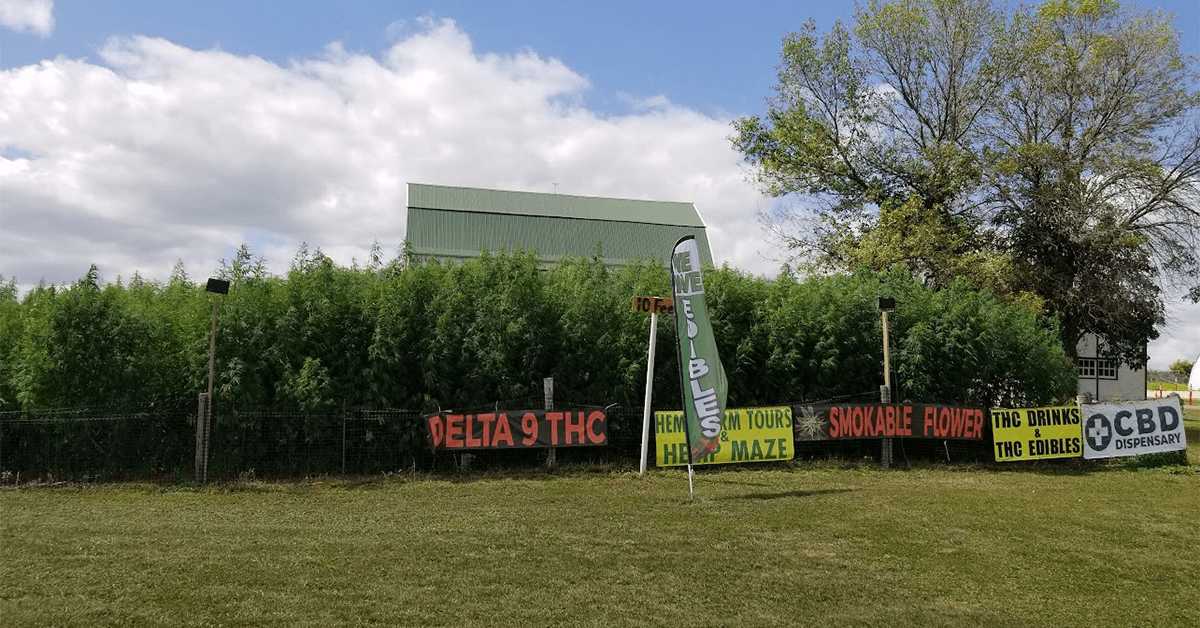
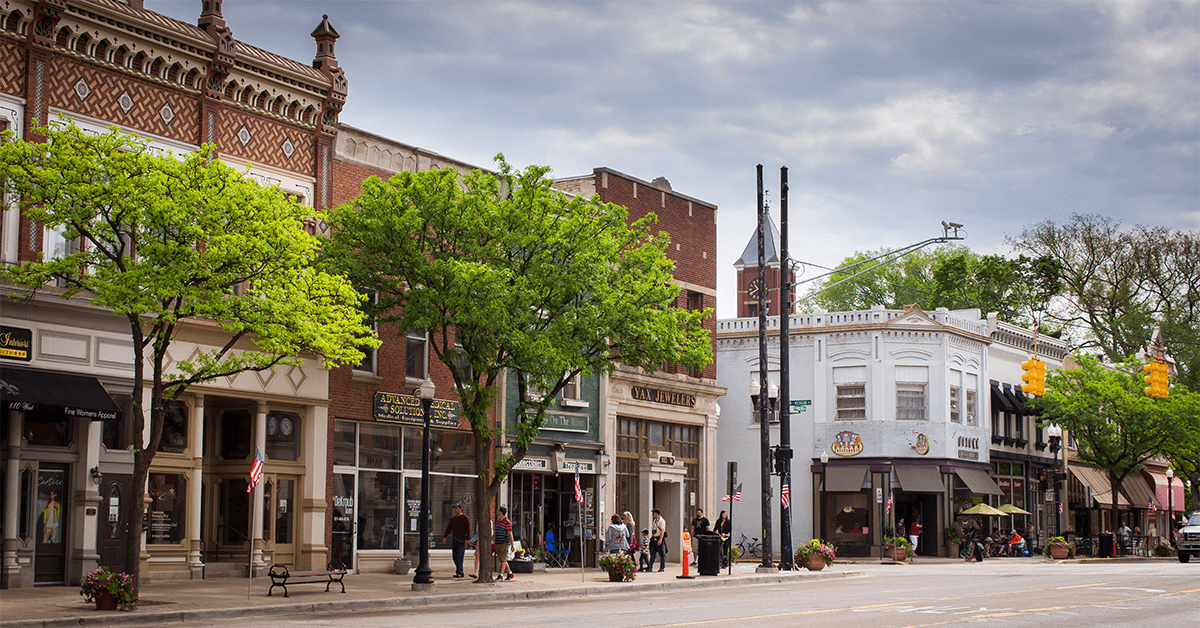

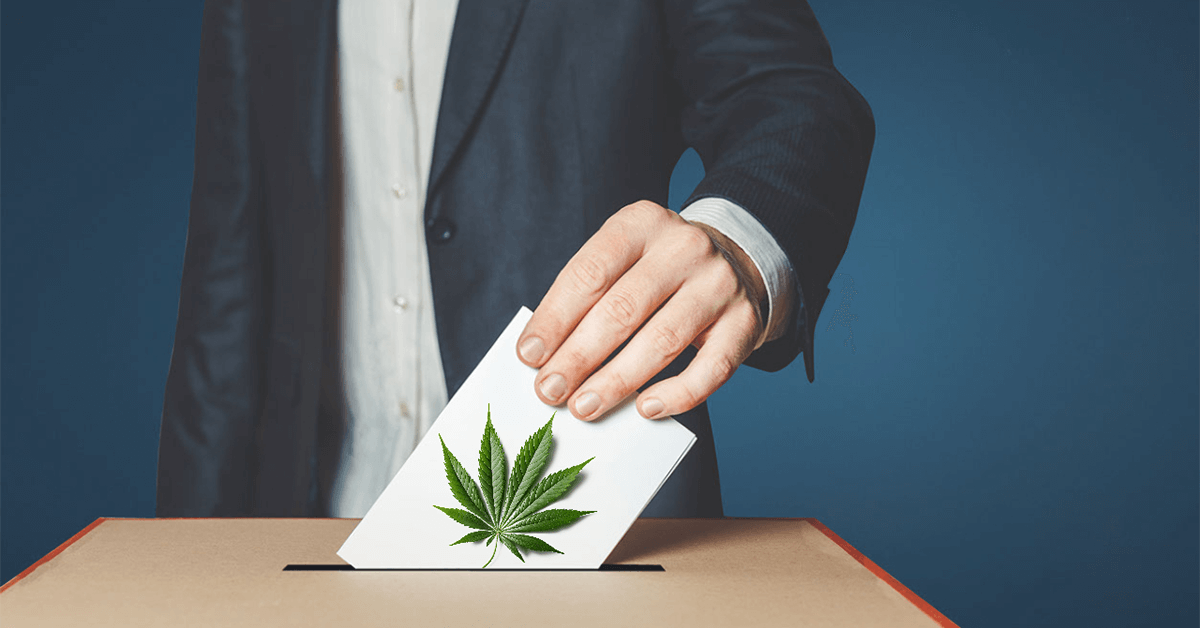



 Helpful Links
Helpful Links